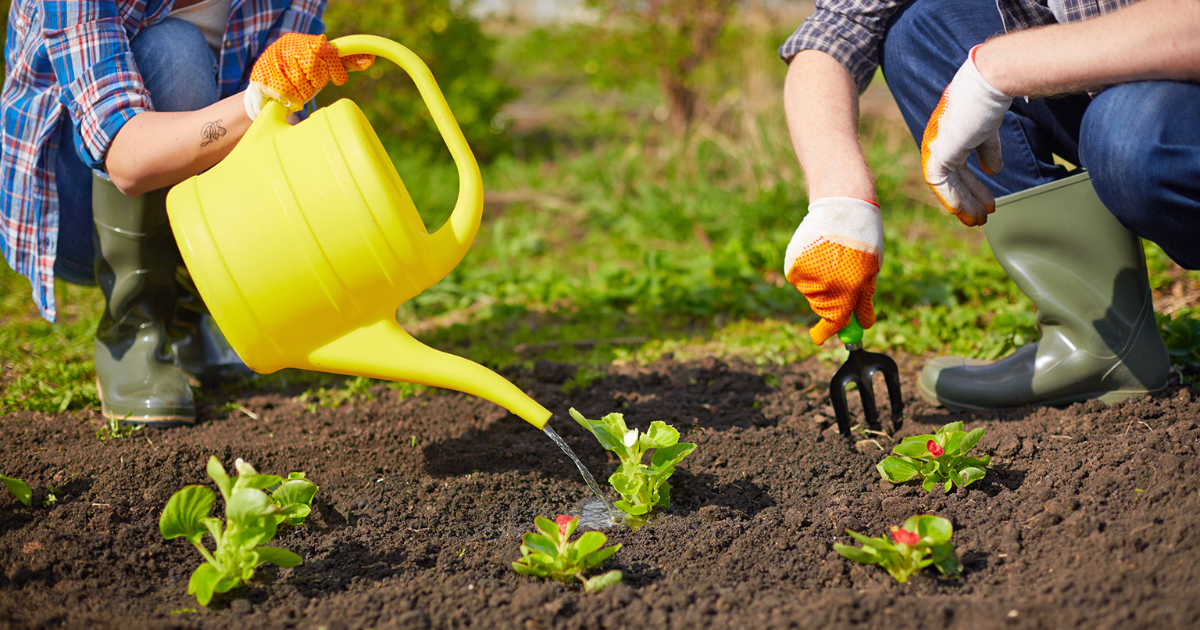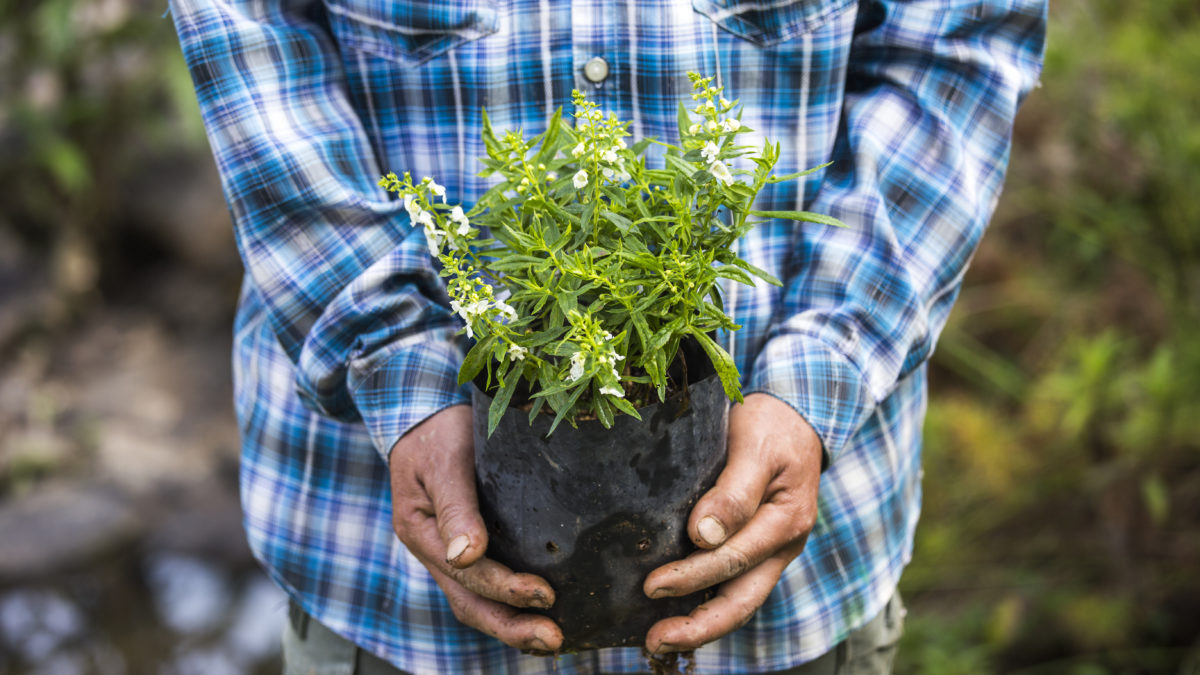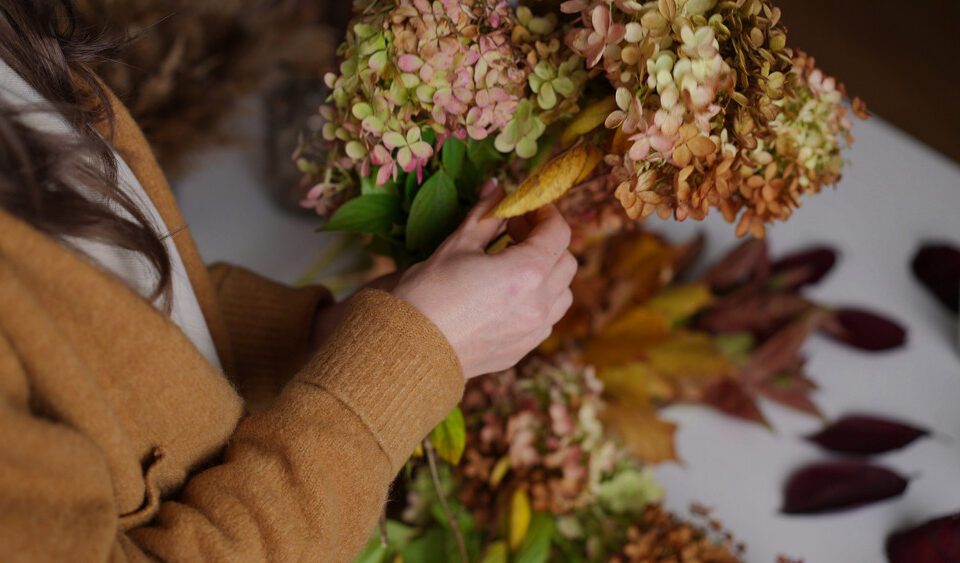
How Plants Improve Happiness
January 13, 2021
How Many Vegetables Do Vegetable Plants Produce?
February 8, 2021Plants and gardening have multiple uses and functions. In fact, 53% of people have said that gardening makes them feel more productive. While plants are great for recreational use, they can be very useful outside of gardening centers and home gardens.
There are plants (some that can even be found in a greenhouse) that can be used to create medications. These medications can help alleviate pain and make people feel better if they’re ill. Here are some key ways plants are used to create medications and how they’re helping people around the globe.
Their Chemicals Help Make Compounds
One of the reasons plants are used to make medications is that their chemicals make beneficial compounds. These chemicals can come from their roots, seeds, or flowers. An example includes the Madagascar periwinkle, which makes certain drugs that help fight certain cancers and diabetes.
There are plants that you can pick up at a greenhouse or garden center and plant for your medicinal benefit. One of these plants is the aloe vera plant, which creates aloe. Aloe helps soothe sunburns and can help repel insects.
Their Bark Can Help Cure Diseases
Plants also have bark that helps cure diseases. There are compounds in the bark that help make medications for diseases. For instance, birch bark is often used to create medicine that treats illnesses such as UTIs and psoriasis.
Bark is beneficial to use in medicine because it contains natural compounds that fight off invaders. However, the key is to use the bark that’s alive, not the outer bark that acts as armor for the tree.
They Help Make Vaccines
One of the most effective ways plants are used in medicine is that they help create vaccines. Vaccines are administered to help your body develop immunity to infectious diseases. Plants can help develop vaccines in a natural way.
These vaccines are produced to help fight bacterial and viral diseases. Proteins are taken from the plants and incorporated into vaccines to help fight off these diseases. Some of these plants may even be found in a common greenhouse. Plant-based vaccines can help make vaccines less expensive, easier to produce at scale, and easier to store. Scientists can use this information to incorporate into their planting ideas to test for future vaccines.
Plants contain natural components that can create medications that help treat a variety of illnesses and ailments. Some of these plants can be found in a local greenhouse, while others are found in the rainforest. Garden plants and tropical plants alike can help create medications, and the key is for scientists and researchers to keep trying new things to see what plant components work best and which ones don’t.





